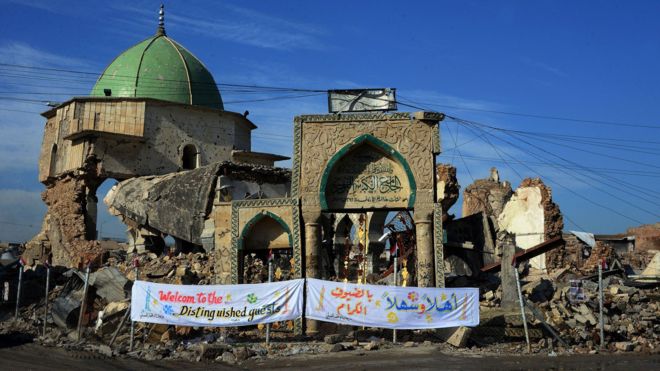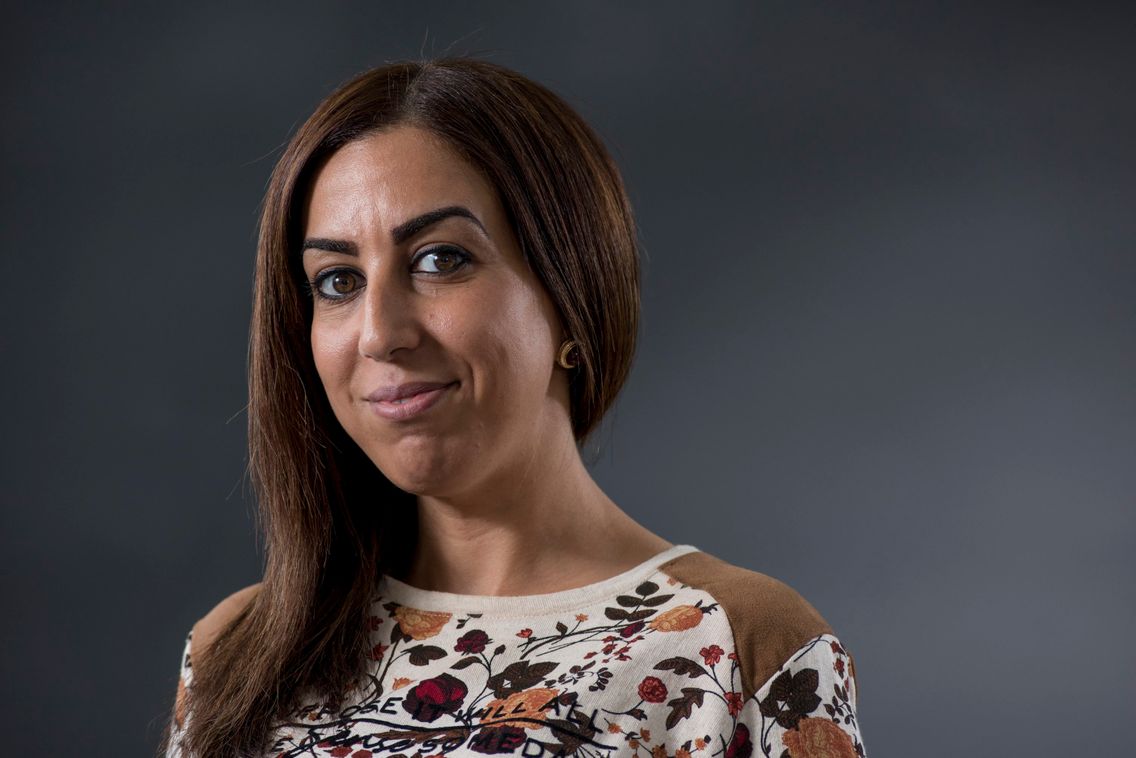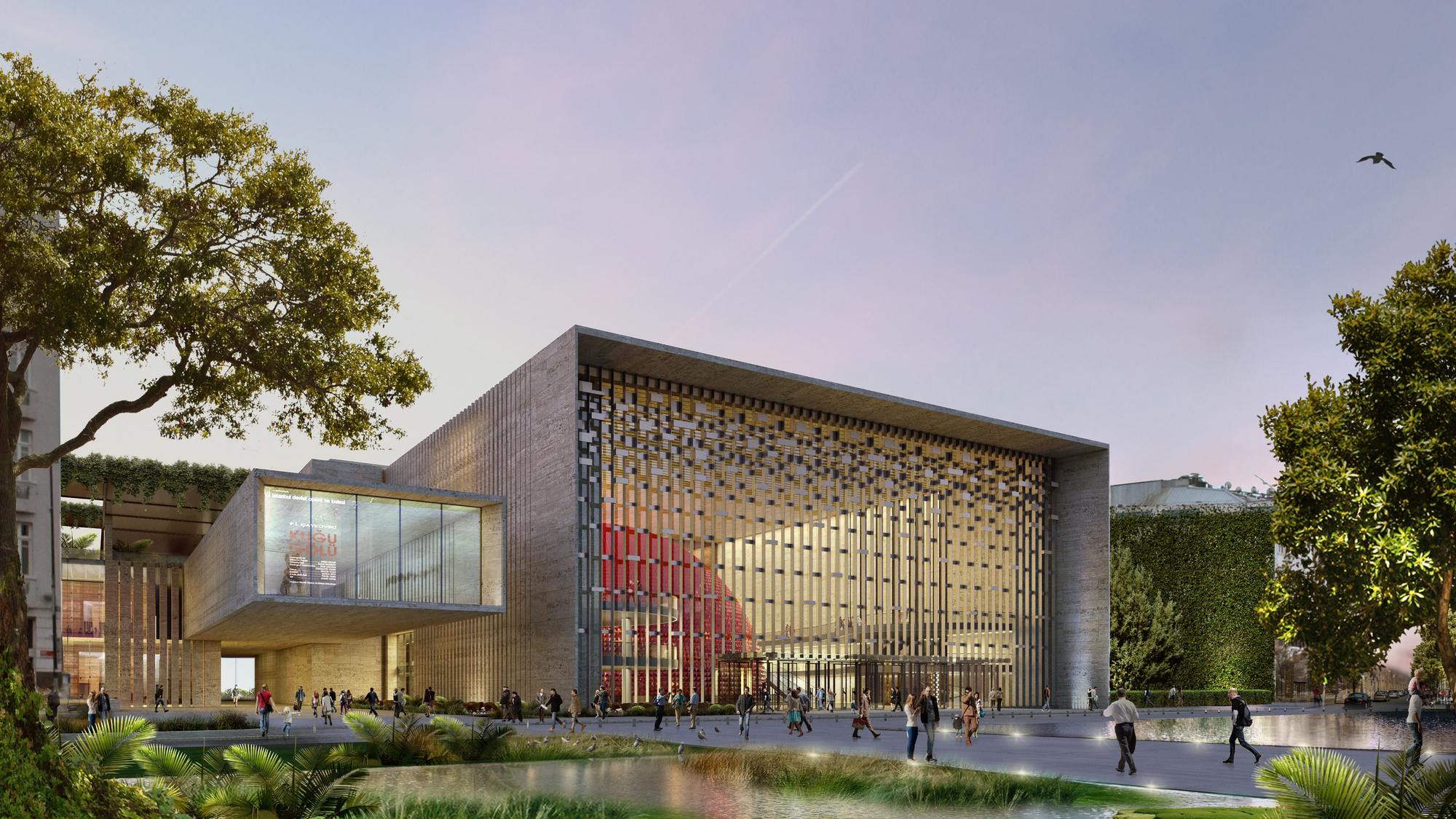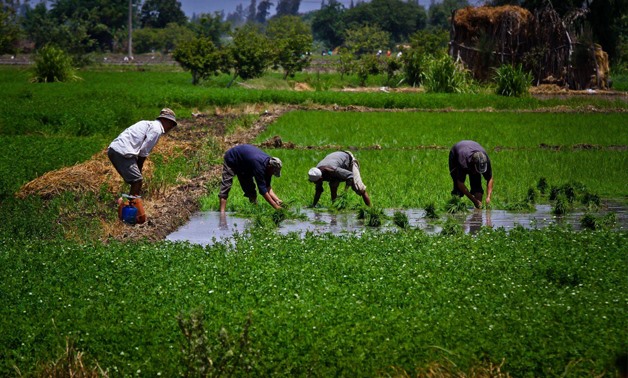The rich history of the MENA is an undisputed fact. The region is home to the “cradle of civilization,” where man first domesticated plants and developed writing systems, and the world’s three monotheistic religions: Judaism, Christianity, and Islam.
With a plethora of archaeological and historical sites, the MENA provides valuable insights into some of the world’s oldest civilizations.
Decades of war, political instability, and terrorism have, however, obscured the cultural and historical significance of the MENA and seen many of the region’s most important sites damaged or destroyed.
Eager to reverse this trend and preserve historical sites, governments, international organizations, and religious groups across the region are collaborating to excavate, rebuild, and restore artefacts from across the region.
This important work ensures that the story of man’s experience from our most ancient civilizations to the present day will be preserved for future generations.
Restoration efforts in Iraq
In Iraq, efforts to rebuild heritage sites take place alongside those to rebuild cities.
In Mosul and the surrounding region, ISIS destroyed museums, churches, and mosques indiscriminately during its occupation from 2014 to 2017. Among those destroyed were the 12th century Great Mosque of al-Nuri and the 19th century Our Lady of the Hour Church.
The church is currently undergoing reconstruction in a project spearheaded by UNESCO and the United Arab Emirates (UAE), who have committed over $50 million to rebuilding heritage sites in Mosul.
UAE Minister for Culture and Knowledge Development Noura Al Kaabi highlighted the importance that historical sites have on society’s understanding of itself, explaining that “by rebuilding a fraction of the past, Iraq can shape its future as an inclusive, tolerant and open society.”
The UNESCO and UAE collaboration will also restore the al-Nuri mosque.
This work to restore cultural artefacts provides much-needed employment to traditional artisans and for some is part of the healing process following occupation by ISIS. As Dr. Richard Kurin, Distinguished Scholar and Ambassador-at-Large at the Smithsonian Institution explains, “rehabilitating the museum can help the city rebuild its spirit and restore pride and esteem in people who were terrorized.”
In May, the Mosul Museum, Iraq’s second largest museum reopened amid the easing of coronavirus restrictions. Whilst it may be some time before the region sees much-needed tourists, the work to restore goes on.
New discoveries in Egypt
In Egypt, archaeologists continue to document history with the country’s Ministry of Tourism and Antiquities reopening work on sites from mid-May.
In the Bahnasah region, archaeologists on a joint Egyptian-Spanish excavation recently discovered a cemetery and eight tombs from the Roman era. The city, known at that time as Oxyrhynchus, was home to over 30,000 monks and many monasteries with earlier excavations unearthing detailed archives.
Work also continues on the documentation and restoration of Khufu’s second ship. To date, over 1,200 pieces of the ship have been removed, digitally archived, and restored. The painstaking work is currently being undertaken in line with special coronavirus precautions that include a reduced team and daily sanitizing.
Dating from approximately 2500 BC the ship will eventually be rebuilt at the Grand Egyptian Museum and displayed alongside the first ship. Kamal el-Mallakh discovered Khufu’s two ships in 1954 at the pyramids in Giza.





